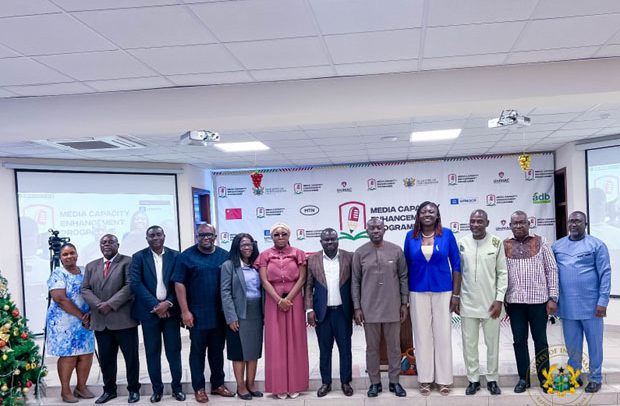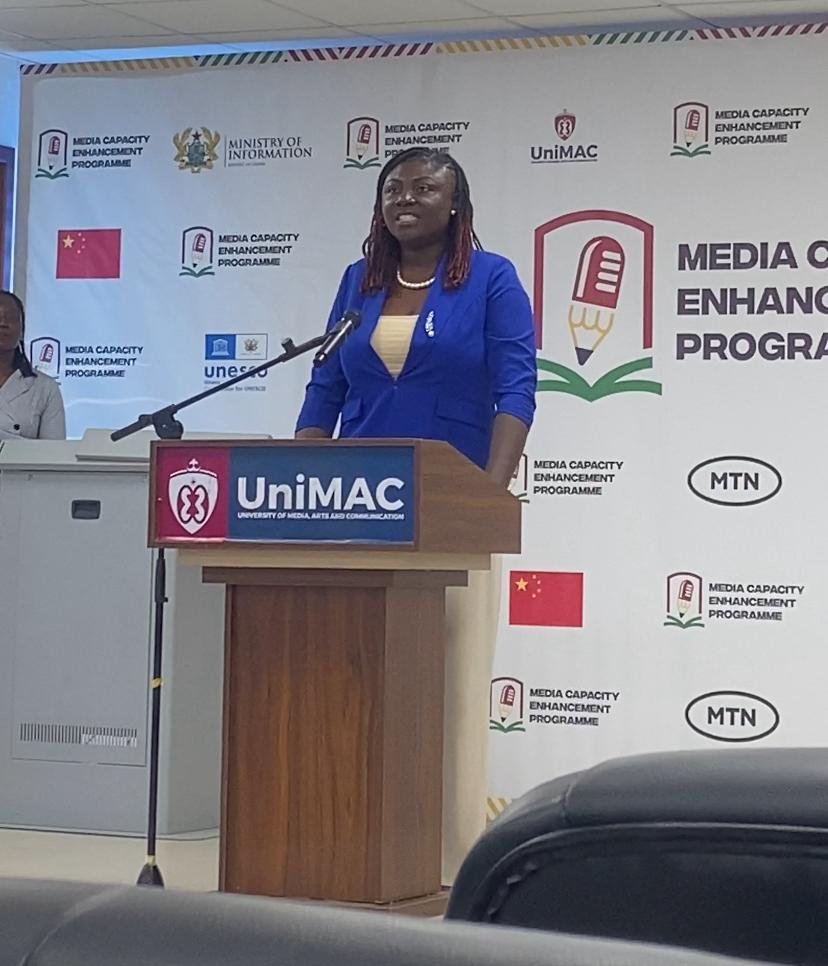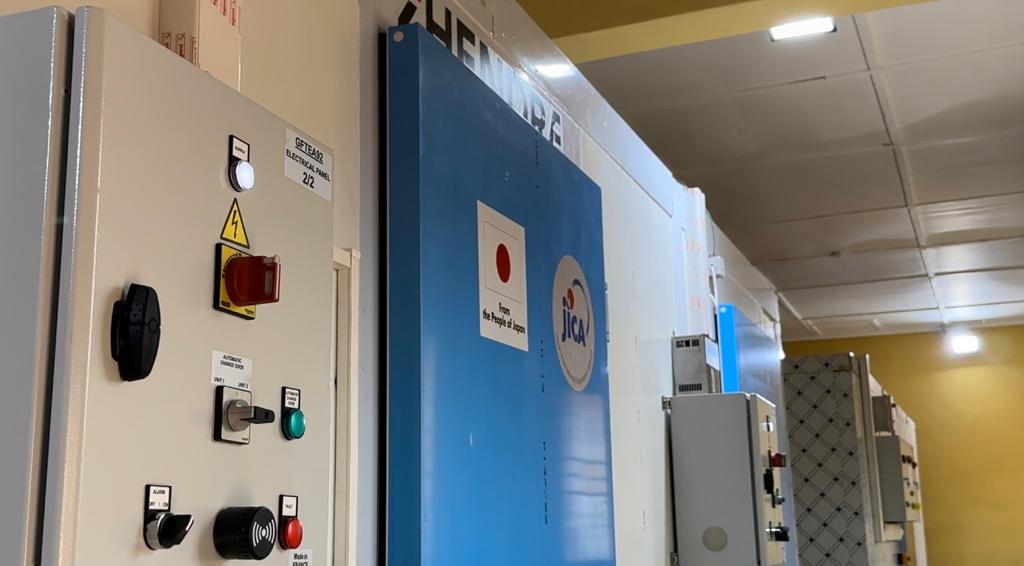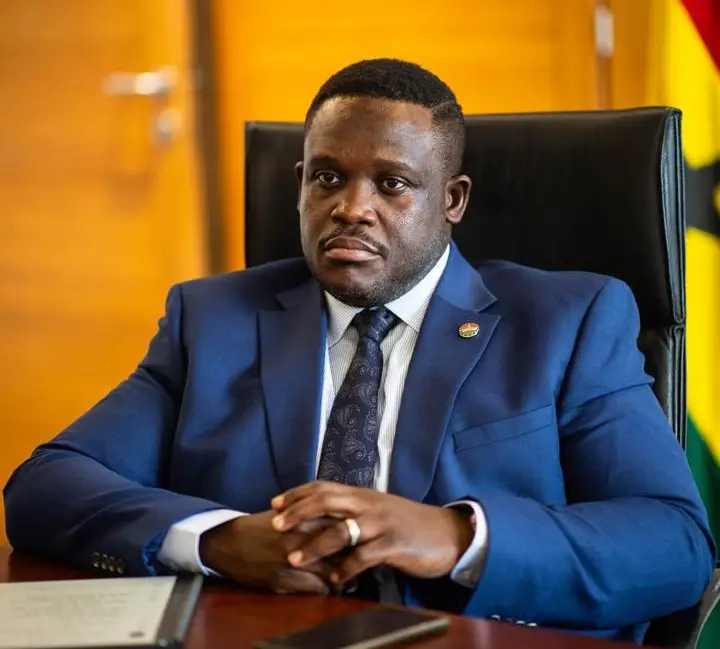
Gains made in the fight against tuberculosis (TB) could be eroded, if they were not sustained, Professor Abraham Kwabena Anang, Director of the Noguchi Memorial Institute for Medical Research (NMIMR), has said.
He explained that the TB bacteria (mycobacterium tuberculosis organisms) were developing resistance to the first line drugs used in fighting the disease.
Prof. Anang said the TB situation in the country was under control but Ghana has to be careful and active in conducting surveillance as well as ensuring a rigorous screening of patients.
He said this at the opening ceremony of a three-day retreat organised by the West African Network for TB, Acquired Immune Deficiency Syndrome(AIDS) and Malaria (WANETAM) at the NMIMR in Accra on Monday.
The retreat, themed: "Empowering African research Institutions through capacity building, partnership and networking," brought together participants from Ghana and other African countries.
"We are beginning to have extremely drug resistance tuberculosis which we have identified one of them. Those kinds of organisms are very difficult to treat and if not lucky we will not be able to fight the infection," he added.
Prof. Anang said the situation called for further action to ensure that information gathered was translated into a policy to help experts control and manage the TB situation.
He was of the view that diagnosis and treatment of the disease should be modified and more care taken in screening the mycobacterium tuberculosis organisms to ensure that the second line drugs used in treating the disease were effective.
"If not, we should be able to find its equivalent or a better treatment for affected individuals otherwise they will spread more dangerous organisms that will become a public health problem," he said.
The Director of NMIIMR said with the work of the institute, it was able to empower the Ghana Health Service to detect, diagnose and treat diseases more effectively.
He said the institute now had the Advanced Research Centre for Infectious Diseases and it is a regional hub for enhancing, detection, diagnosing, treatment and management of TB, AIDS, Yellow Fever and Ebola.
With the new facility, he said, the capability of the institute had been broadened and working with its West African partners to achieve its expected objectives.
The coordinator of WANETAM, Professor Souleymane Mboup said this year's programme brought together 20 institutions from nine African countries including Burkina Faso, Gambia, Guinea, Guinea Bissau, Mali, Nigeria, Senegal, Togo and Ghana.
He said the objective of the retreat was to strengthen collaboration and optimise the use of resources and infrastructures within the network.
"It is also to promote professional development and scientific leadership in clinical trials through training and mentorship and organise training programmes and platform for exchange of expertise in key skills," he said.
Read Full Story


























Facebook
Twitter
Pinterest
Instagram
Google+
YouTube
LinkedIn
RSS